
Things To Do
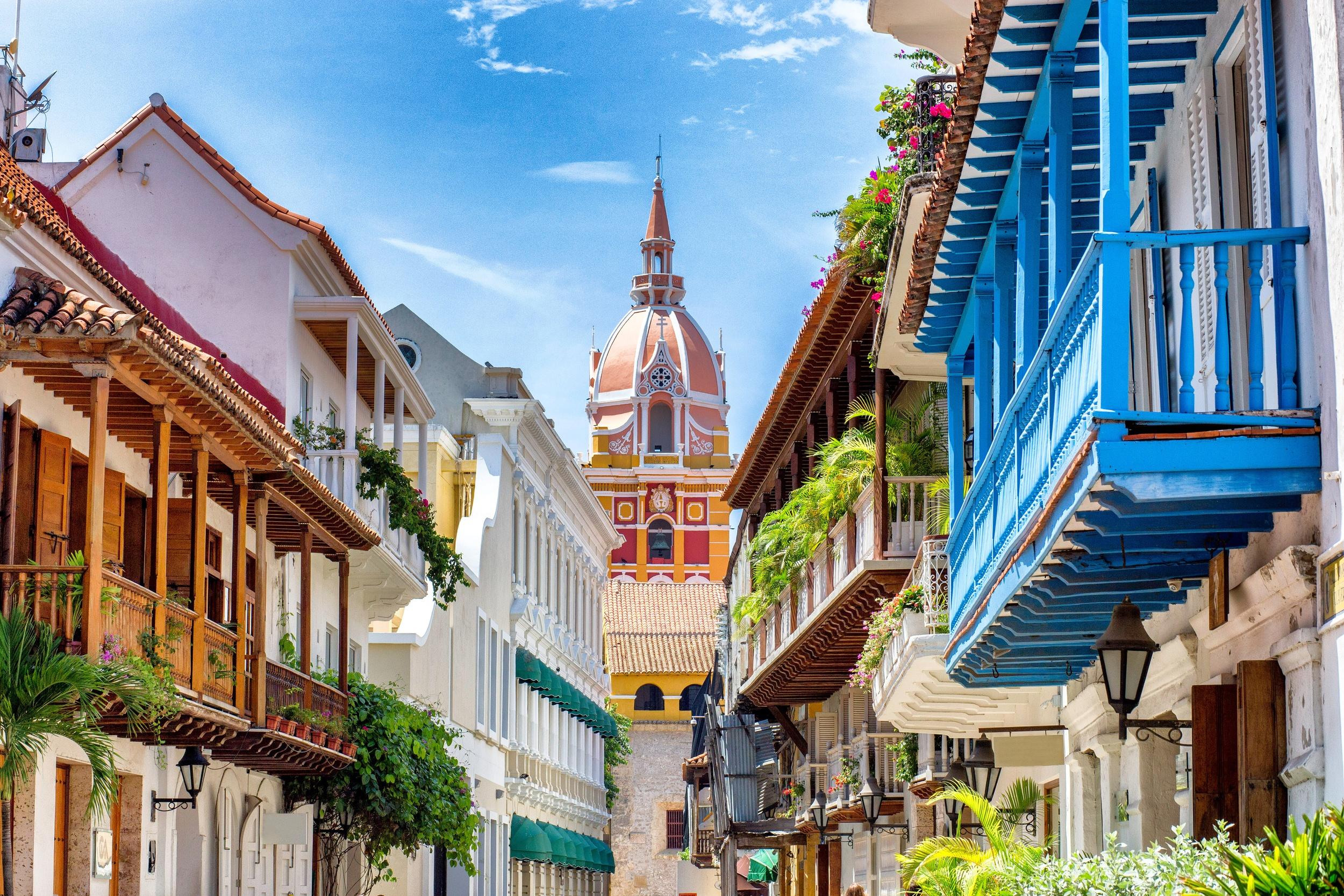
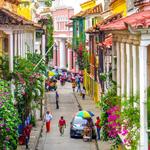
Cartagena's Walled City
Within its thick coral walls that once safeguarded the city from plundering pirates in the 17th century, history reverberates as loudly as the local champeta music spilling from open windows as you stroll by. Opulent mansions, adorned with ornate door knockers, bright pink flowers and fluttering Colombian flags, have been converted into beckoning shops, restaurants, boutique hotels, art galleries and museums that unravel the city’s storied past.
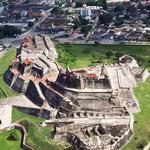
Castillo San Felipe de Barajas
One of the city’s most iconic landmarks and the largest fort in South America, sits high upon a hill overlooking the city and sea. After Sir Francis Drake ravaged Cartagena in 1586, an existing structure on the hill was fortified. It took a couple of centuries, many more attacks and subsequent renovations for the imposing fortress to look like it does today.
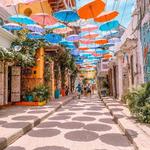
Getsemaní
Once a primarily working-class neighborhood just outside the Old Town’s walls, Getsemaní has evolved into an artsy enclave renowned for its captivating street art. Along narrow alleys strewn with fluttering pennants, umbrellas and other colorful embellishments, weathered walls have become plein-air canvases for large-scale murals.
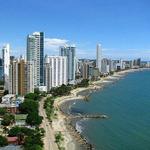
Beaches
Cartagena's beaches may not have the same breathtaking beauty as other coastal gems in Colombia, but their accessibility and convenience make them a viable option for a beach within reach. The Bocagrande neighborhood, characterized by towering condos, hotels and bustling shopping plazas along a mile-long stretch of shoreline, often draws comparisons to Miami Beach.

Museo del Oro Zenú
Reopened its door in early 2023 after an extensive renovation to the magnificent colonial mansion in which it resides. Facing the Parque de Bolívar, the free – and air-conditioned – museum displays artifacts representing 6000 years of pre-Hispanic culture within the Colombian Caribbean region.